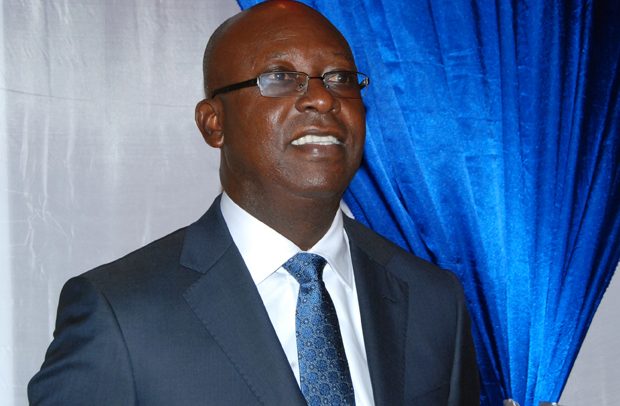Archie Hesse
The Ghana Interbank Payment & Settlement System (GhIPSS) has called on businesses to adapt to the changing payment system in order to support the move towards establishing a cash-lite system.
Archie Hesse, Chief Executive Officer (CEO) of GhIPSS, who made the appeal, noted that some long-held corporate practices would have to be aligned to electronic payments.
Ghana since 2007 has been making steady and significant progress towards an electronic payment society with the introduction of many electronic payment channels.
The next major initiative will lead to a total interoperability of the financial system where bank accounts will be linked to the various mobile money platforms, as well as e-Zwich and vice versa.
There will also be interoperability among the various mobile money platforms.
The landmark achievement should allow for seamless transfer of funds in the country.
However, Mr Hesse said that if some traditional corporate practices are not realigned, the expected gains might take a much longer time.
He mentioned for instance that businesses- both small and big- should not consider cheques as the only formal way of paying their service providers and clients.
But instead, they should also use various electronic payment channels and treat them as formal.
He explained that corporate institutions can use Automated Clearing House (ACH) Direct Credit, Instant pay, e-bills pay and other electronic payment options to pay their service providers.
“Our internal and external payment procedures should now accept electronic payments as official forms of payment even if it means making minor changes to our documentation system.”
He said cheques were becoming old-fashioned compared to other options, adding that the use of ACH Direct Credit has gone up incredibly rubbing shoulders with cheques in terms of volume of transaction.
Mr Hesse said the increasing use of ACH showed that cheques could no longer be considered as the only formal way of making corporate payments.
He added that there were far more efficient ways of payments compared to cheques and called for a shift from cheques to other more efficient electronic payment channels.
Mr Hesse also challenged utility providers, who offer prepaid services to also adapt their systems to accept electronic payment options such as mobile money, online and mobile banking channels.
Even though Mr Hesse was hopeful that non-cash forms of payment were going to rise significantly, he said realignment of payment procedures by organisations could expedite the cash-lite agenda.
By Samuel Boadi


